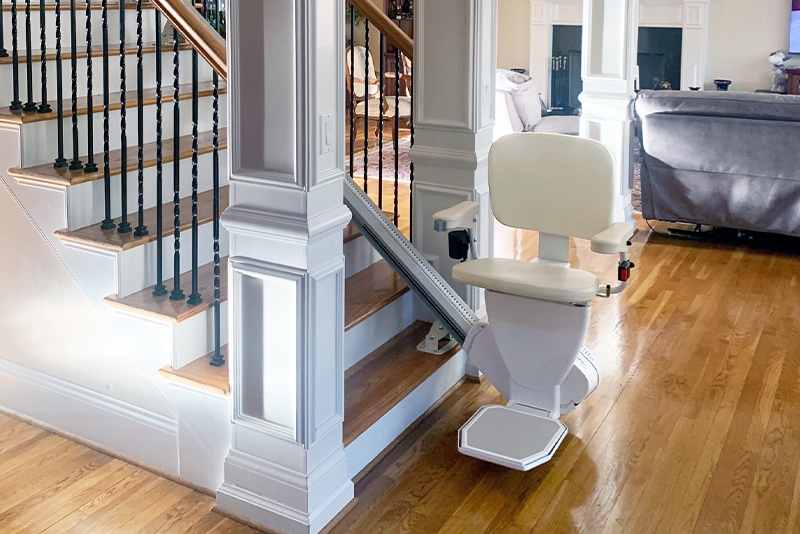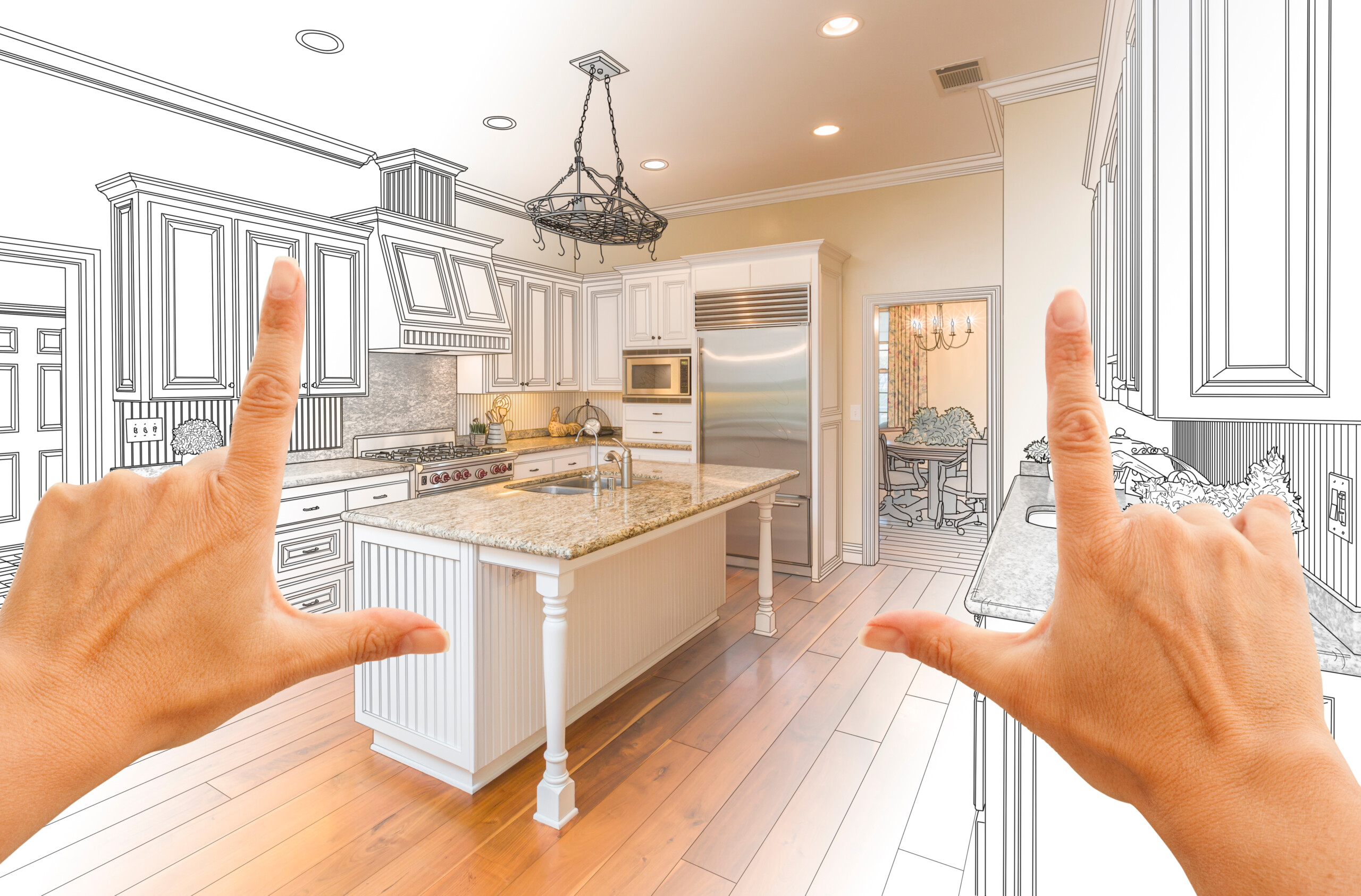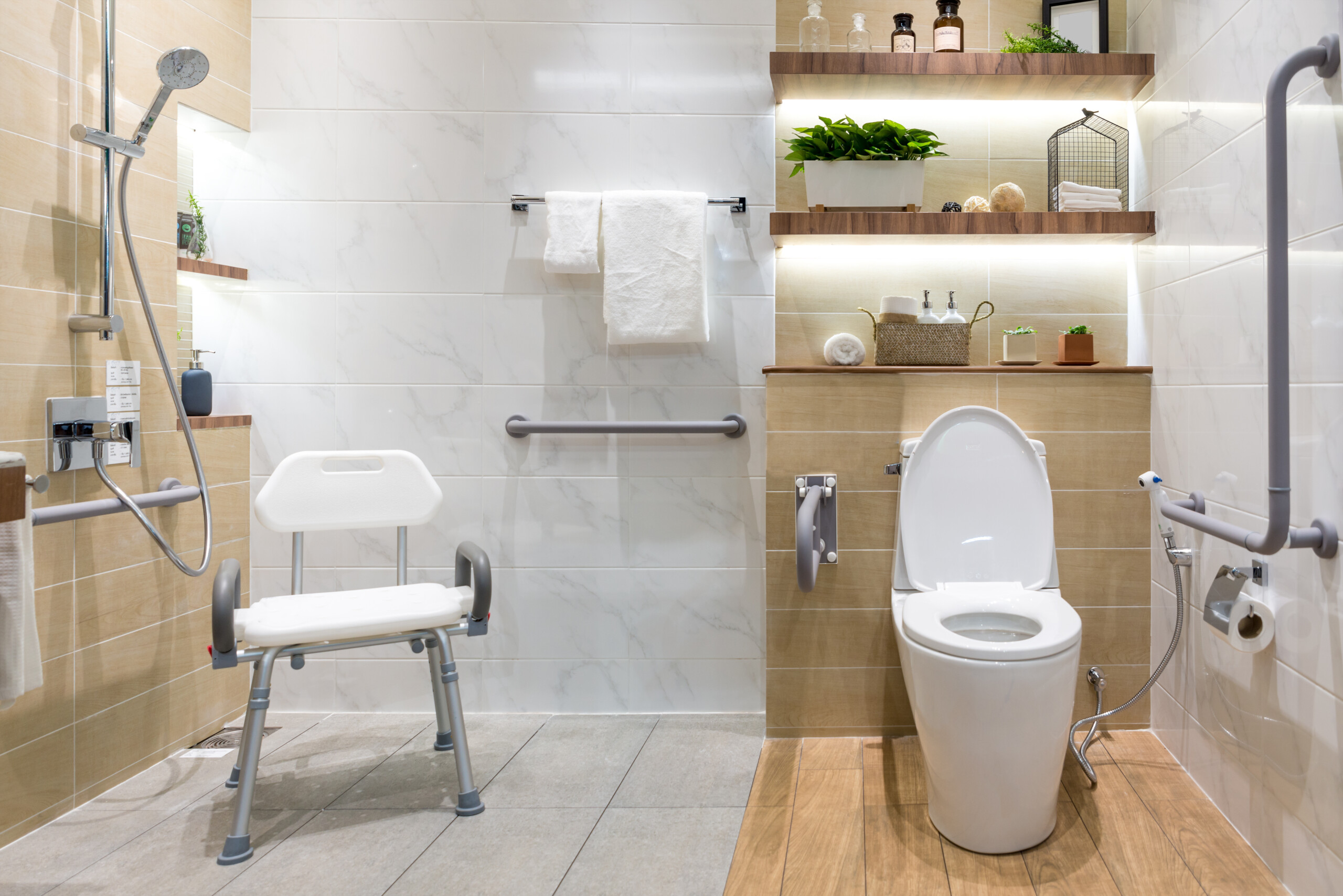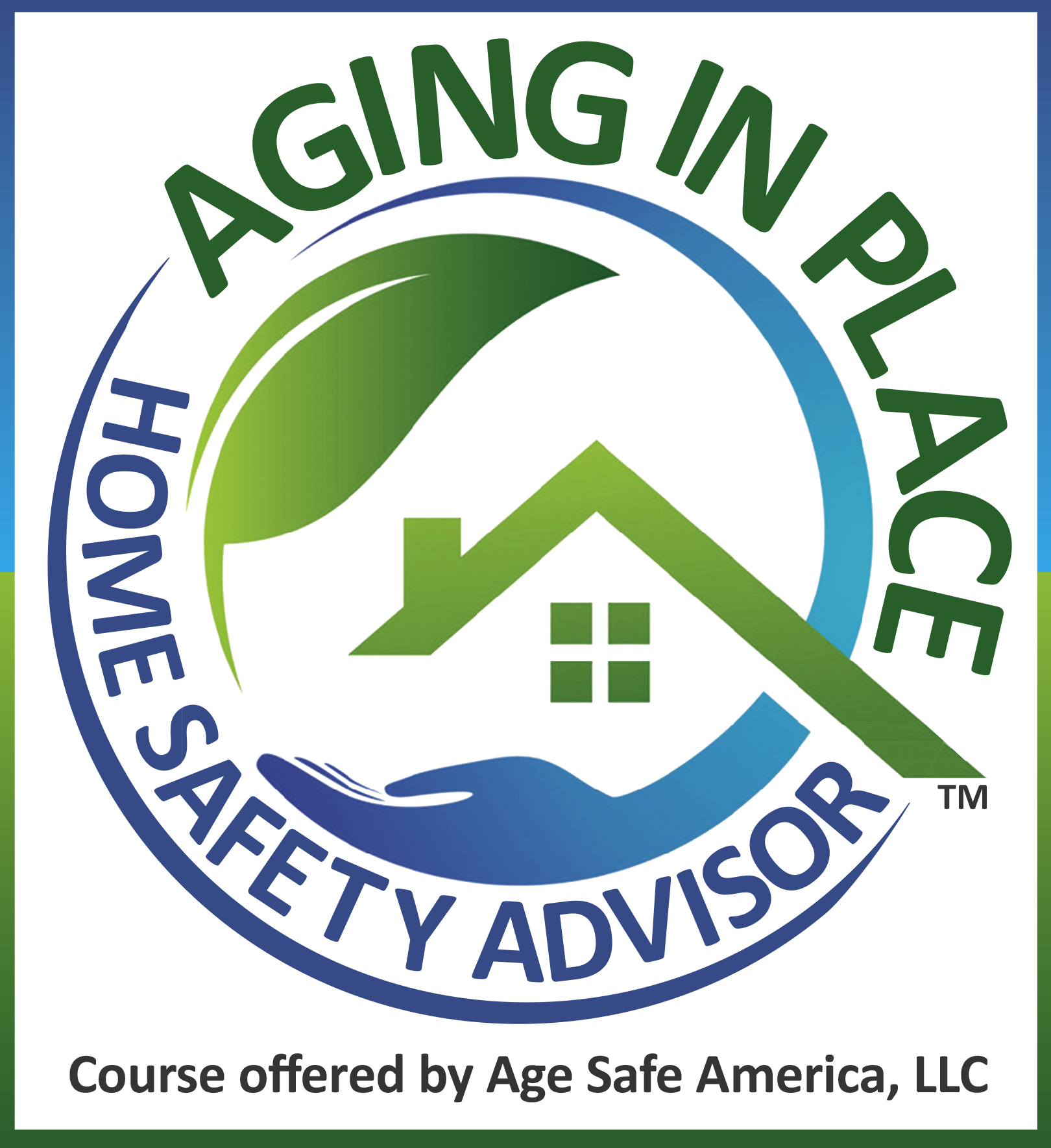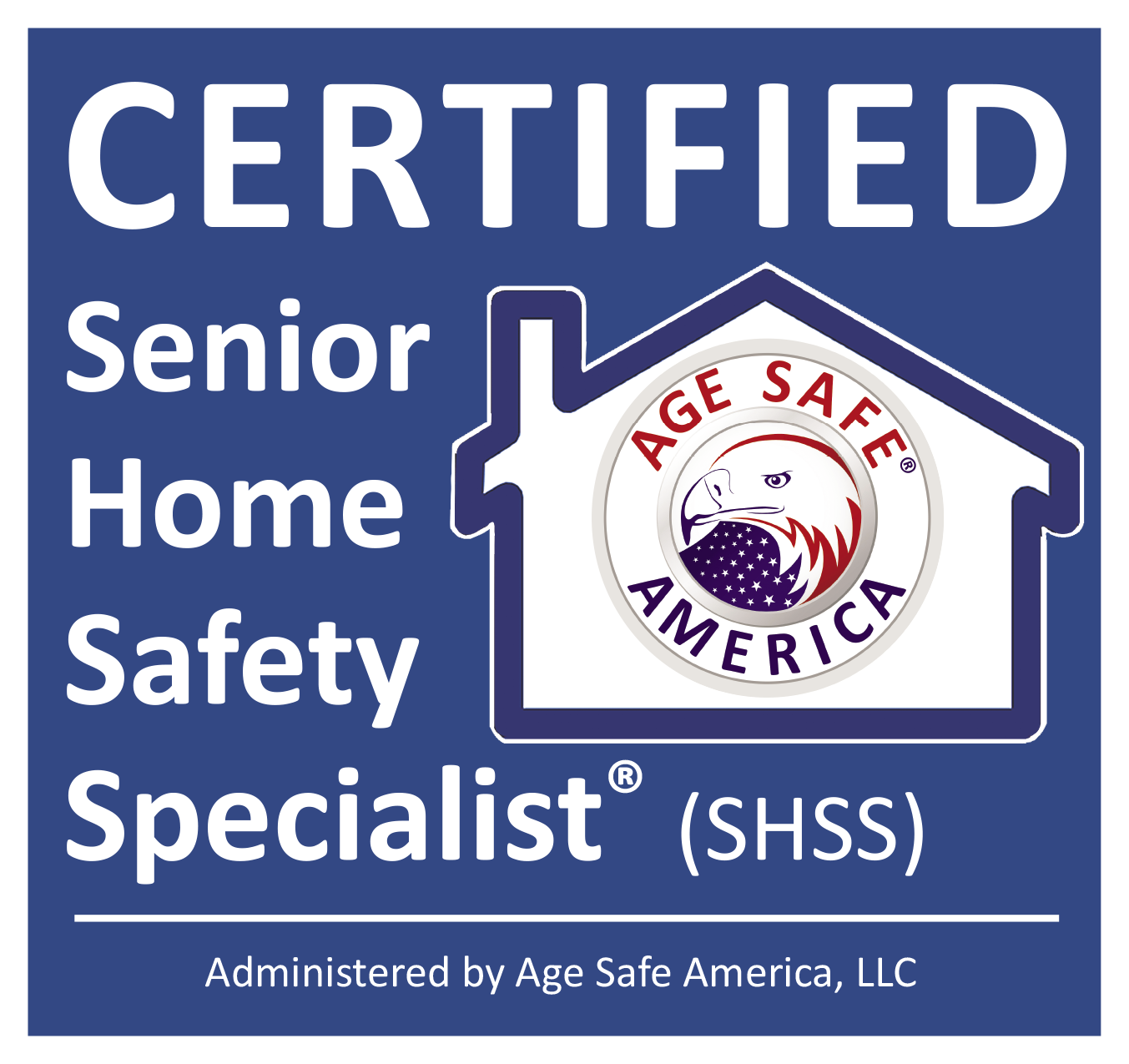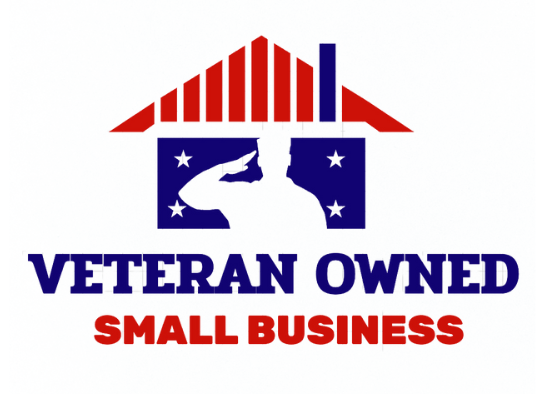by leeashworth61
Share
by leeashworth61

As our loved ones age, the question of how to best support their independence and well-being becomes increasingly important. While assisted living facilities are a common solution, many seniors prefer to remain close to family in a familiar environment. In-law suites—whether through garage conversions, home additions, or standalone accessory dwelling units (ADUs)—offer a compelling alternative. Here’s a detailed look at the benefits of in-law suites compared to assisted living, along with the pros and cons of each option.
Benefits of In-Law Suites vs. Assisted Living
- Independence and Comfort
- In-law suites provide a private living space that allows seniors to maintain their independence while being close to family. This setup fosters a sense of autonomy that can significantly enhance their quality of life, as they can enjoy their routines without feeling isolated or confined [1].
- Assisted living facilities, while offering care, can sometimes feel institutional and may not provide the same level of comfort and familiarity that a home environment does.
- Cost-Effectiveness
- The average cost of assisted living can be quite high, often exceeding $4,995 per month [3]. In contrast, creating an in-law suite can be a more economical long-term investment. For example, converting a garage can cost between $20,000 and $45,000, while a home addition may start around $200,000 [1]. Over time, these costs can be significantly lower than ongoing assisted living fees.
- Additionally, in-law suites can increase the value of your home, making it a smart financial decision for the future.
- Customization and Safety
- In-law suites can be tailored to meet the specific needs of your aging loved ones. Features such as grab bars, non-slip flooring, and accessible kitchens can be incorporated to ensure safety and comfort [2]. This level of customization is often not available in assisted living facilities, where residents must adapt to existing layouts.
- The ability to design a space that accommodates mobility issues or health concerns can provide peace of mind for both seniors and their families.
- Family Connection
- Having aging parents nearby can strengthen family bonds and provide emotional support. Regular interactions can help combat feelings of loneliness and depression, which are common among seniors living alone or in assisted living [1].
- Family members can easily check in on their loved ones, ensuring they receive the care and companionship they need without the stress of relocation.
Options for In-Law Suites
- Garage Conversions
- Pros: Utilizing an existing structure can be a cost-effective solution. Garage conversions typically require less construction time and can be completed quickly, allowing your loved ones to move in sooner.
- Cons: The loss of parking space may be a drawback for some families. However, this can often be mitigated by creating alternative parking solutions.
- Home Additions
- Pros: Adding an in-law suite to your home allows for a fully customized space that meets your loved one’s needs. This option can also enhance the overall value of your property.
- Cons: The initial investment is higher compared to other options, but the long-term benefits and increased home value can outweigh these costs.
- Standalone ADUs
- Pros: A standalone ADU provides maximum privacy and independence for your loved ones. It can also serve as a rental unit in the future, offering potential income.
- Cons: Building an ADU can be more expensive and may involve navigating complex zoning regulations. However, the benefits of privacy and independence often make this a worthwhile investment.
Code and Zoning Considerations
Before embarking on any construction project, it’s essential to understand local zoning laws and building codes. Here are some key points to consider:
- Permits: Most municipalities require permits for construction or conversion projects. It’s crucial to obtain these to avoid fines or complications down the line.
- Zoning Laws: Check if your area allows for in-law suites or ADUs. Some neighborhoods have restrictions on size, height, and use, so consulting with local authorities is advisable.
- Building Codes: Ensure that any construction meets local building codes, particularly regarding safety features and accessibility standards.
Conclusion
Creating an in-law suite can be a practical and compassionate solution for families facing the challenge of caring for aging parents who wish to remain independent. By considering options like garage conversions, home additions, or standalone ADUs, families can find a solution that not only meets their loved ones’ needs but also enhances their overall quality of life. With the right planning and execution, an in-law suite can provide a safe, comfortable, and supportive environment that rivals assisted living facilities.
At AgeWell Home Solutions, we understand that deciding on the best option for your family can be overwhelming. Our team is here to guide you through the entire process, from assessing your specific needs to navigating local zoning regulations. We handle all aspects of construction, ensuring that we create a beautiful, functional space that the whole family will love. Let us help you design and build an in-law suite that not only meets your loved ones’ needs but also enhances the value and comfort of your home.
Ensuring Safe and Easy Access to All Levels of Your Home
Don't Compromise Safety and Accessibility in Your Senior-Friendly Home Renovation
Empowering Older Adults to Live Independently Through Holistic Wellness
Important Steps for Enhancing Safety and Independence in the Bathroom for Seniors

